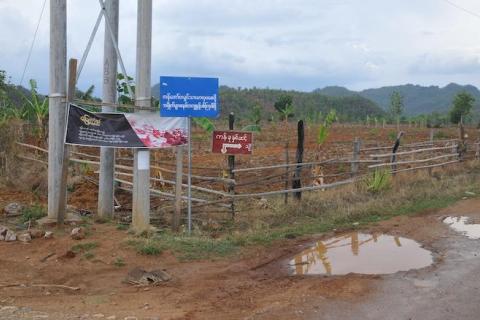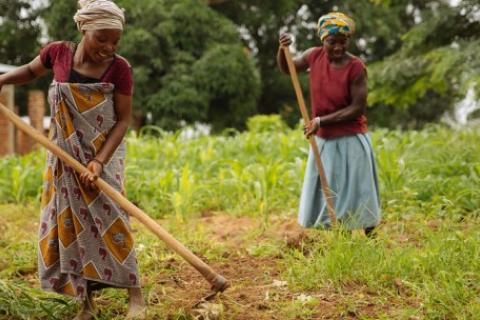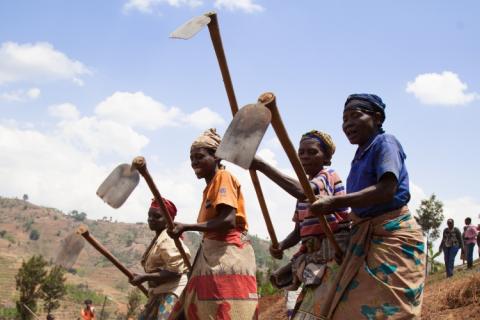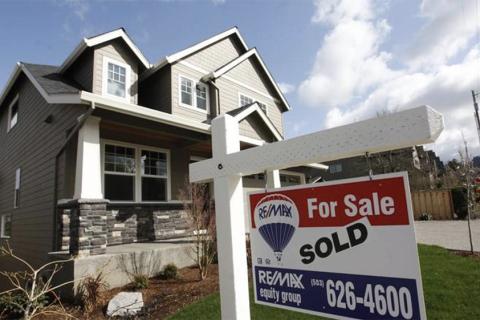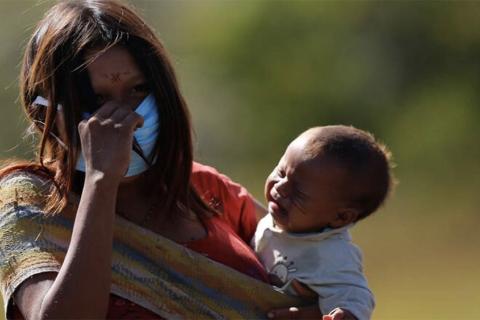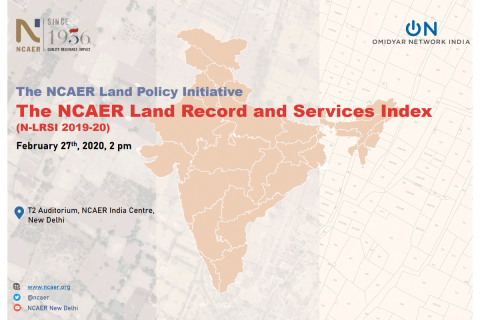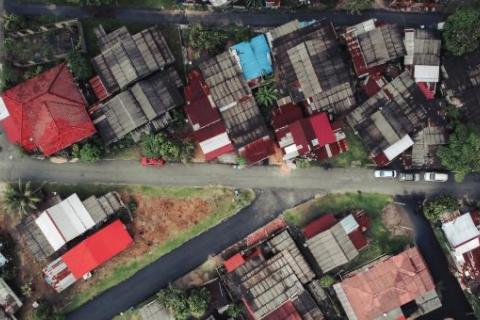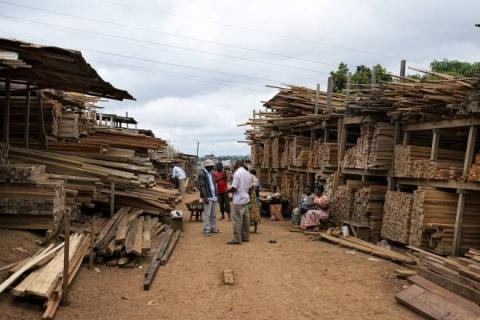Visions toward a federal land governance system in Myanmar
Yesterday, on International Human Rights Day, the Embassy of the Kingdom of the Netherlands announced that Saw Eh Say, the coordinator from the Kayah Earthrights Action Network (KEAN), received the 2020 Human Rights Tulip Myanmar Award for his great efforts to promote the right to land in Myanmar. The Human Rights Tulip is an annual award of the Dutch government for outstanding and courageous human rights defenders.

